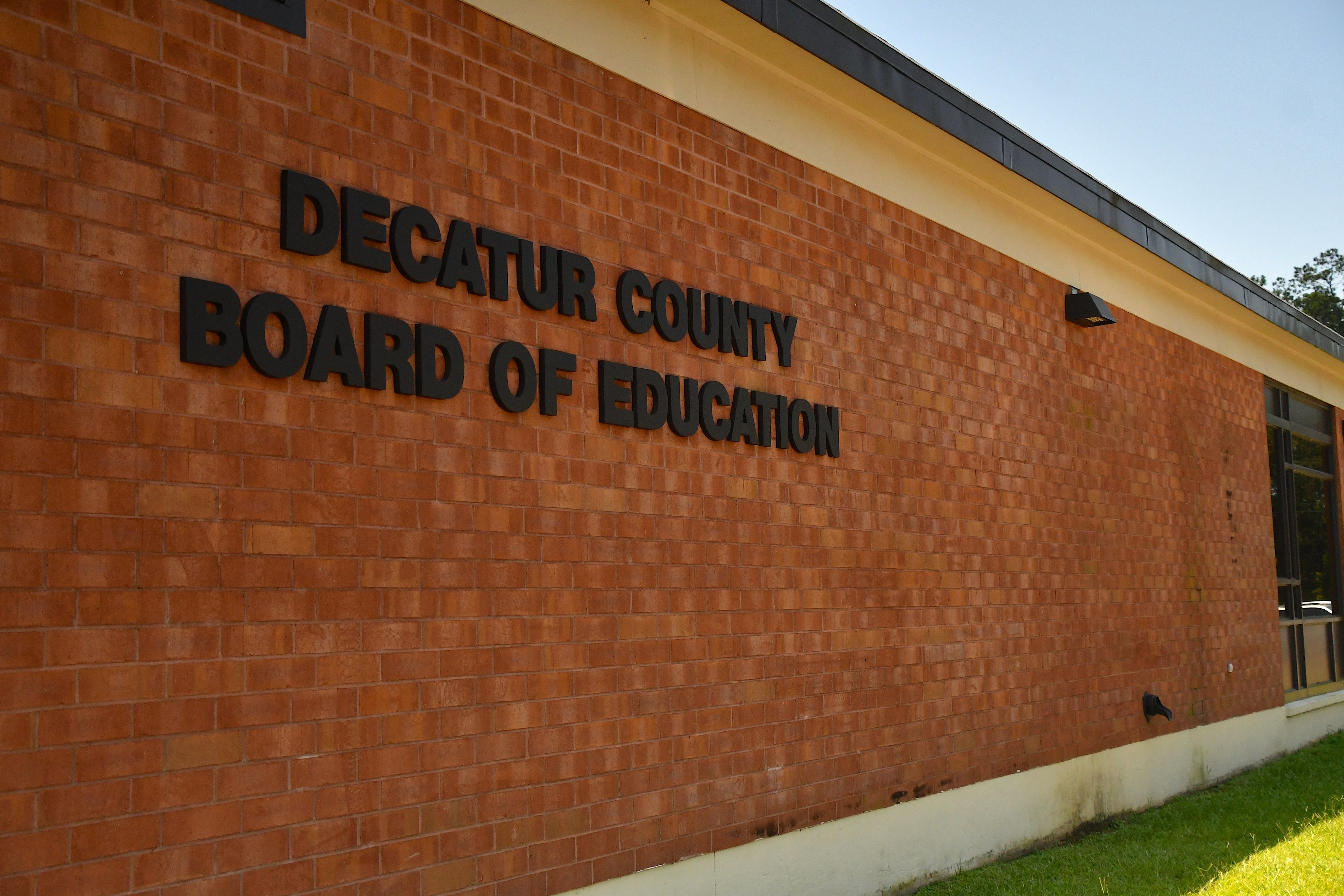Rayfield: Teachers must understand their students
Published 6:19 pm Tuesday, July 31, 2012
Educators and other school employees must try to understand the constantly-changing and often-difficult world that today’s children live in, Decatur County School Superintendent Dr. Fred Rayfield said at Tuesday’s convocation speech at the Bainbridge High School gymnasium.
Rayfield said that Tuesday’s convocation, a “pep talk” given to all of the system’s employees at the start of each school year, was the 10th such speech he has given in his superintendent career. He noted that a lot has changed in those 10 years.
“Change is happening faster than any of us can keep up with,” he said.
Rayfield presented a slideshow documenting just how quickly that change can occur. One slide stated that all 10 of the “most in-demand jobs” in 2010 did not even exist in 2004, because the technology for those jobs had not been invented.
Another slide said that new technical information doubles every two years — for a student in a four-year technical program, half of the information he or she learns in those four years will be outdated by graduation day.
“This is a variable that we don’t have a lot of control about,” Rayfield said, concerning the changes in technology. “But what we can do is control the pace with which we accept that change.”
Rayfield said that one way to ensure that all school system employees remain focused, even in a world of constant change, is to have a common goal in mind. To that effect, the system recently established a new vision and mission statement that will apply to all employees.
The vision statement is, “excellence, engagement and accountability … for all!” The mission statement is, “To empower all students to engage and succeed in a global society by providing rigorous and equitable opportunities, nurturing environments, sustained partnerships, college and career readiness and character development.”
“If we don’t even know where we’re headed, it’s certain that our customers [parents and students] won’t know where we’re headed,” Rayfield said.
The superintendent also noted that adult educators need to have empathy with their younger students. Many of the school system’s children come from difficult backgrounds, and a teacher is often the only consistent adult role model in their lives, he said. Rayfield said there were 53 homeless children in Decatur County Schools during the 2011-12 school year, and often a teacher was the only regular adult they saw and the school breakfast and lunch were the only meals they ate.
“You can choose to be consistently positive, or consistently negative,” he said. “Respect is a two-way street. If you want the respect of your students, then you need to learn to respect them and where they’re coming from.”
Rayfield noted that it can be difficult to understand students, and recounted an instance when he was an educator at Cook County High School. He said there was a senior honor student who was having difficulty paying for graduation-related expenses, and so administrators began to look into his background. They discovered that his parents had moved to north Georgia and left him behind as a child, and the boy had been staying the night with friends on a rotating basis, because he did not have a permanent home.
Even despite those considerable odds, Rayfield said the student was still very intelligent, always well groomed, and had strong character.
“We’ve got to understand where our students are coming from, if we ever hope to reach them,” he said. “They don’t need to hear about our personal problems. Chances are, they have just as long a list of problems, and they’re likely much worse than anything we’re facing.”
After Rayfield’s convocation, Assistant Superintendent Dr. Suzi Bonifay briefed the employees on the new emphasis on “STEM,” which stands for science, technology, engineering and math. She said that about 40 teachers had attended summer training sessions, and this year would be the first year that the STEM emphasis would be instituted throughout all of the system’s schools.
“Our schools are in a race with the world,” she said. “They need to solve problems, invent, and create. We all want solar power to charge our cell phones, or a cure for cancer or Alzheimer’s. The students who will eventually solve those problems may be in our classrooms today.”




